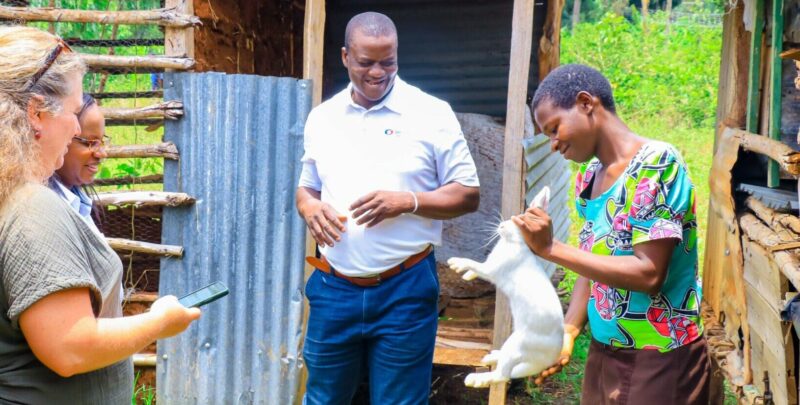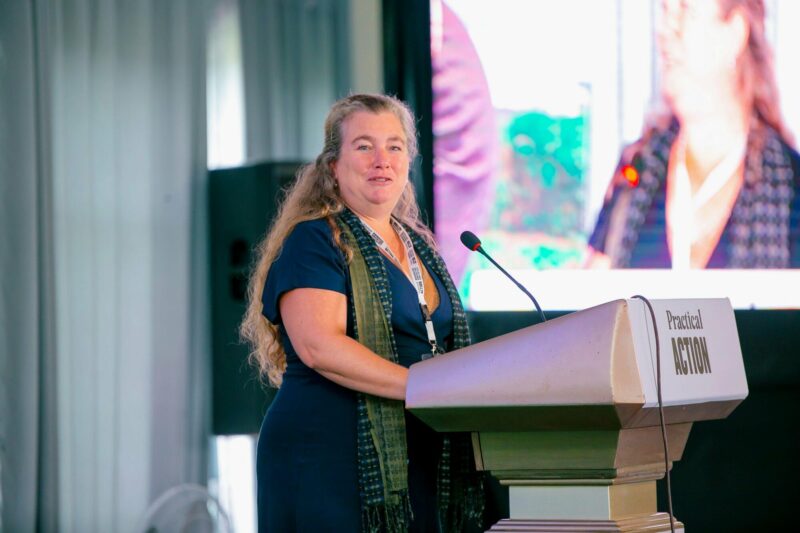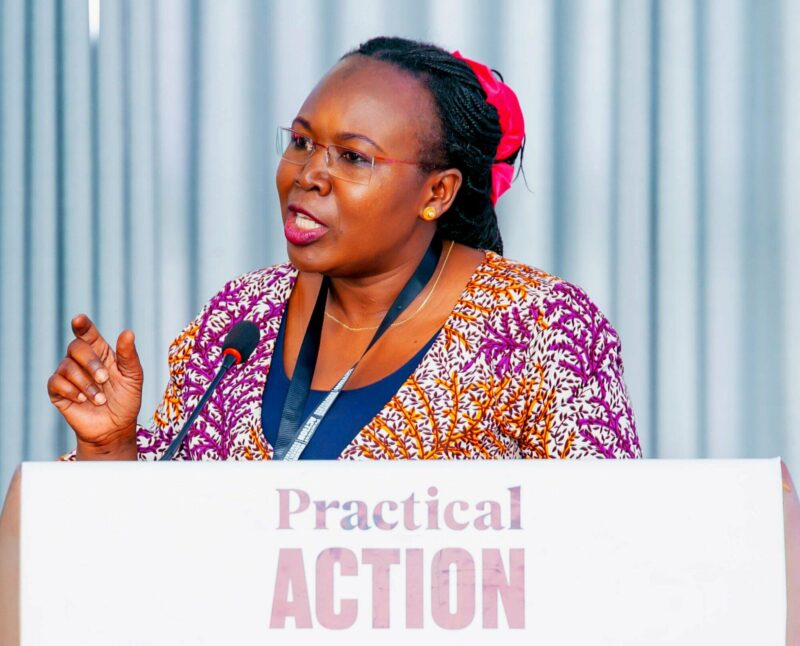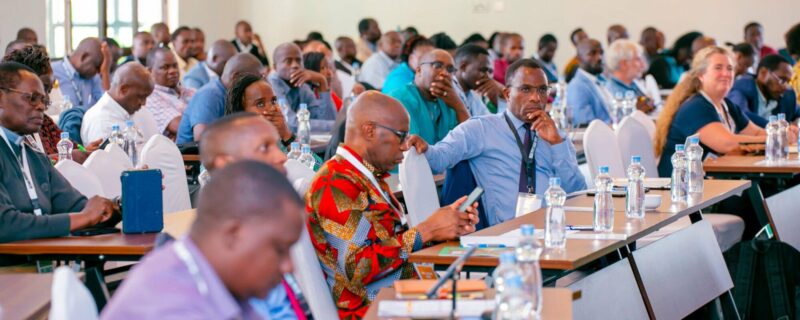
Speeding up a shift to sustainable, profitable farming took centre-stage when experts and young entrepreneurs gathered for a conference on regenerative agriculture in Kisumu, Kenya.
Hosted by Practical Action, the two-day forum saw 170 participants share learnings and insights on implementing and expanding regenerative agriculture and circular economies initiatives.
Delegates saw how, with the right approach, it is possible to increase food production, jobs opportunities and incomes for young people in rural communities while making farming more environmentally friendly.
During the conference, Practical Action highlighted learning from a five-year project that has created jobs for thousands of young people in Kisumu and Homa Bay Counties through regenerative agriculture and agribusinesses.
Implemented since 2019, and supported by the IKEA Foundation, the initiative has boosted incomes and soil health and enhanced the voice and power of women. It has also contributed to policies advancing young people and regenerative agriculture.
Speaking to conference delegates, the Programme Manager at the IKEA Foundation, Anneleis Withofs, said: “Practical Action was a pioneer in reintroducing regenerative agriculture to food systems and transforming youth livelihoods.
“Five years ago, when we had our first conversations with the Practical Action East Africa team, regenerative agriculture wasn’t quite where it is today, but now, it is the talk of the town.
“Regenerative agriculture and circular economies for food are key to combating food insecurity, adapting to climate change, and protecting and restoring nature and biodiversity.”
During the event, Practical Action and partners launched an agroecology toolkit to provide knowledge on sustainable farming methods. It also published a paper with learnings from its regenerative agriculture initiative.

Akinyi Walender, Africa director at Practical Action, said: “Regenerative farming is emerging as equally competitive as conventional production systems, but it is yet to be widely used in Kenya.
“There is a growing opportunity for regenerative agriculture as governments, consumers, and farmers push for nutritious and safe food that does not compromise environmental and human health. But there is still much to be done, including unlocking access to markets, finance, and knowledge and enacting enabling policies.
“The unique part of this conference is the focus on sharing learnings based on real experiences. It is critical for actors to work together if we are to scale regenerative agriculture in Kenya. No one organisation can move the needle alone.
“We urge continued investments in initiatives championing regenerative agriculture to achieve wider and more lasting impacts.”

Keynote speaker, Professor Alex Awiti, called for more research to restore degraded African soils by integrating regenerative and conventional agriculture methods.
“Regenerative agriculture increases soil organic matter content, reduces soil acidity and unlocks nutrients for plants. This means fewer inorganic inputs will be needed to maximize production,” he said.
Conference participants included representatives from government, NGOs implementing regenerative agriculture programs with IKEA Foundation’s support, academia, research institutions, farmers and entrepreneurs. The event included field visits, keynote speeches, plenary and group discussions and exhibitions.
Regenerative farming offers solutions to conventional, resource-intensive agriculture challenges, including soil degradation, biodiversity loss, water over-extraction, pollution, and climate change.
It includes farming methods such as cover cropping, minimal or no tillage, use of compost, crop rotation, intercropping, vermiculture, agroforestry, efficient irrigation, minimising chemical inputs, integrated pest management and soil erosion control.
